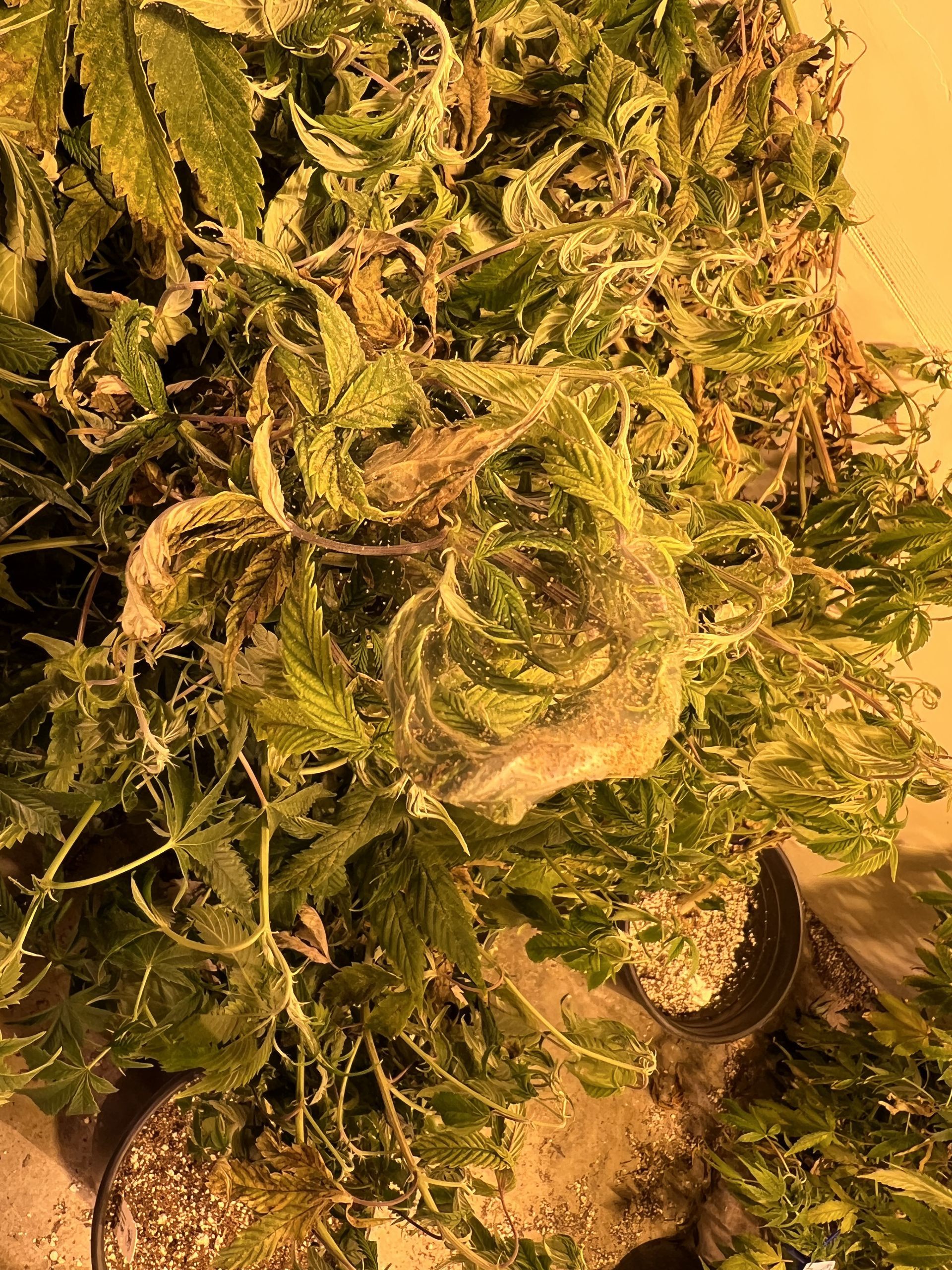Hemp as a Sustainable Solution: South Carolina’s Role in Green Agriculture
As the world faces increasing environmental challenges, the search for sustainable agricultural practices has never been more urgent. Hemp, a versatile and eco-friendly crop, is emerging as a key player in green agriculture. In South Carolina, where agriculture is a vital part of the economy, hemp cultivation offers a sustainable alternative that could benefit both the environment and local communities. This blog explores the potential of hemp as a sustainable solution and how South Carolina can lead the way in green agriculture.

The Environmental Benefits of Hemp Cultivation
Hemp is often hailed as a “miracle crop” due to its numerous environmental benefits. It requires less water than traditional crops like cotton and is naturally resistant to pests, reducing the need for harmful pesticides. Moreover, hemp has the ability to improve soil health through a process called phytoremediation, where it absorbs toxins from the soil, making it ideal for crop rotation and land rejuvenation.
Key Environmental Benefits:
- Water Efficiency: Hemp uses approximately half the water required by cotton, making it a drought-resistant crop suitable for regions like South Carolina, where water conservation is crucial.
- Pesticide Reduction: Hemp’s natural pest resistance means fewer chemical inputs, leading to cleaner soil and water in agricultural areas.
- Carbon Sequestration: Hemp absorbs more CO2 per hectare than many other crops, contributing to the fight against climate change by reducing the carbon footprint of agriculture.
Economic Impact of Hemp in South Carolina
The economic potential of hemp extends beyond its environmental benefits. As the demand for sustainable products grows, hemp offers South Carolina farmers new opportunities for income generation and market diversification.
1. Diversification of Agriculture:
- New Revenue Streams: Hemp can be cultivated for various uses, including fiber, seeds, and CBD products, providing farmers with multiple revenue streams. This diversification is particularly important in a state where traditional crops face fluctuating market prices.
- Job Creation: The growth of the hemp industry in South Carolina has the potential to create jobs not only in farming but also in processing, manufacturing, and distribution. As the industry expands, so does the demand for skilled labor.
2. Revitalization of Rural Economies:
- Supporting Small Farmers: Hemp cultivation offers small and medium-sized farmers an alternative to traditional crops, helping to stabilize incomes and reduce economic disparities in rural areas.
- Investment Opportunities: The sustainable nature of hemp is attracting investment from companies looking to capitalize on the green economy. South Carolina stands to benefit from increased investment in agricultural infrastructure and technology.
Challenges and Opportunities in Hemp Cultivation
While the potential for hemp as a sustainable solution is clear, there are challenges that need to be addressed to fully realize its benefits.
1. Regulatory Challenges:
- Compliance with Federal and State Laws: Hemp farmers in South Carolina must navigate a complex regulatory landscape, ensuring compliance with both state and federal guidelines, particularly concerning THC levels in crops.
- Access to Markets: Farmers need support in accessing both domestic and international markets, which requires navigating trade regulations and building supply chains.
2. Research and Innovation:
- Improving Cultivation Practices: Continued research is needed to optimize hemp cultivation practices, including developing pest-resistant strains and improving yields in South Carolina’s specific climate conditions.
- Product Development: Innovation in hemp-based products, such as textiles, construction materials, and bioplastics, can drive demand and open new markets for South Carolina’s hemp industry.
How Terra Vita Holdings Can Help
At Terra Vita Holdings, we are committed to supporting the growth of sustainable agriculture in South Carolina. Our expertise in the hemp industry allows us to provide valuable resources and guidance to farmers, businesses, and investors looking to enter or expand in this promising market.
- Regulatory Compliance Support: We help farmers navigate the complex regulatory environment, ensuring that they meet all legal requirements and avoid costly penalties.
- Market Access and Development: Terra Vita Holdings provides strategic advice on market access, helping businesses connect with buyers and distributors both domestically and internationally.
- Innovation and Research Partnerships: We collaborate with research institutions and innovators to develop new hemp products and improve cultivation practices, driving growth and sustainability in South Carolina’s hemp industry.
Frequently Asked Questions
1. Why is hemp considered a sustainable crop?
Hemp is considered sustainable because it requires less water, fewer pesticides, and can improve soil health through phytoremediation. It also absorbs more CO2 than many other crops, helping to reduce the carbon footprint of agriculture.
2. What are the economic benefits of hemp cultivation in South Carolina?
Hemp offers multiple revenue streams for farmers, creates jobs in various sectors, and attracts investment in green technology and infrastructure, all of which can revitalize rural economies in South Carolina.
3. What challenges do hemp farmers face in South Carolina?
Farmers must navigate complex regulations, ensure compliance with THC limits, and access markets for their products. Additionally, ongoing research is needed to optimize cultivation practices for the state’s climate.
4. How can Terra Vita Holdings support the hemp industry in South Carolina?
Terra Vita Holdings offers expertise in regulatory compliance, market access, and innovation, helping farmers and businesses succeed in the growing hemp industry.
5. What role does innovation play in the hemp industry?
Innovation is crucial for developing new products, improving cultivation practices, and opening new markets. It drives the growth and sustainability of the hemp industry in South Carolina.
Conclusion
Hemp represents a significant opportunity for South Carolina to lead in sustainable agriculture. With its numerous environmental and economic benefits, hemp cultivation can provide a path toward greener, more resilient agricultural practices. However, realizing this potential requires overcoming regulatory challenges, investing in research, and supporting market access. Terra Vita Holdings is here to guide and support businesses and farmers as they navigate this exciting and rapidly evolving industry.










